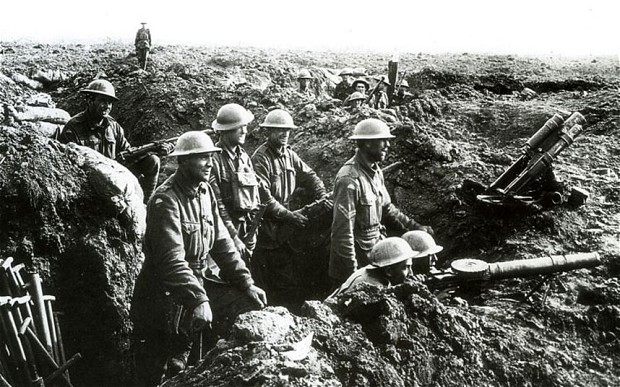
Britian’s PoWs from the First World War suffered more atrocities than their Second World War brethren; however, their stories are not talked about, much less remembered.
Over 170,000 British soldiers were taken captive on the Western Front and endured horrific conditions at the hands of their German captors. Sadly, these men were done a terrible disservice by their government when they returned home. They were denied a pension or even the opportunity to see their tormentors stand trial for war crimes, according to the Telegraph.
John Lewis-Stempel, the author of The War Behind the Wire: The Life, Death, and Glory of British Prisoners of War 1914-1914.
The British government duped the men upon coming home. The men were given the option of taking a £2 gratuity and be able to go home or they could wait for medical treatment and inspection and maybe get a pension. Understandably, the men wanted to go right home so they took the £2 gratuity.
Later when they began to suffer ailments because of the conditions they endured, the government told them that because they took the £2 gratuity, they could not get a pension. The PoWs who were hoping to see any kind of justice for the cruelty they endured were disappointed. Lewis-Stempel claimed that the men were victims of politics because the war crime trials were not pursued because the Allied governments didn’t want to cause trouble in Germany for fear of causing a revolution and allowing the Bolsheviks into power.
Also, during the 1920s, no one wanted to listen about the plight of the PoWs anymore. The people had a mood of pacifism and they felt that Germany and Britain were as bad as one another. The PoWs were more likely to die while in the camps rather than on the battle field. Diseases like typhus was rampant, food rations were so slim, 3,000 PoWs died from starvation alone. Many of the men were forced to work in the salt or the coal mines.
To add insult to injury, German schools organized trips to the PoW camps so that the children could gawk at the men. Some of the commandants would charge the gawkers for the opportunity to stare. Thousands of prisoners attempted to escape from captivity, and many slick attempts to get one over on the Germans by using wit and quick thinking. For instance, one German camp, they would let booksellers to sell books to the prisoners. For a long time, the Germans could not understand why Baedeker’s Guide to Northern Germany was so popular. It didn’t dawn on the captors that the book had maps in the back of the book that showed the way out of Germany.
